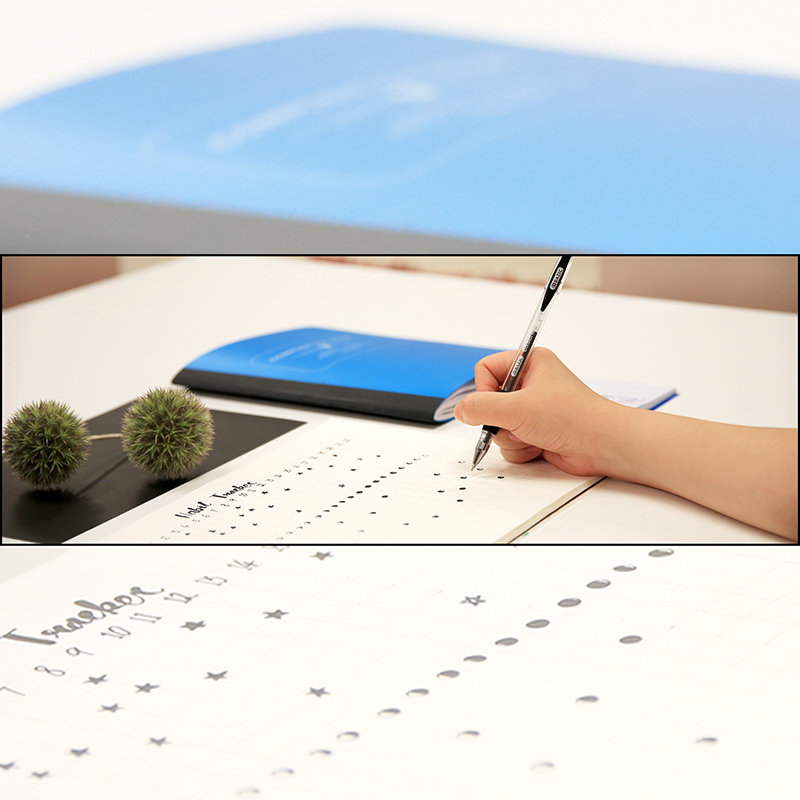Smart Studying

Studying smarter can improve your grades at school. These habits can increase information retention and comprehension. With the right environment, attitude, setting a realistic timeline, and the right materials, effective studying habits can make school less stressful and yes, even more fun. Here are five fabulous tips to smarter studying.
1. The Approach
Many students view studying as a daunting, necessary task, rather than a positive and exciting opportunity to learn. This is understandable, but research has found that the attitude you approach something with matters almost as much as how you execute an activity. Being in the right mindset is critical to studying smarter.
Maybe you can’t force yourself to be in the right mindset at a specific time, and that is okay. It’s during such times you should simply take a break from studying- get a snack, take a walk, put the timer on for 10 minutes and call a friend. Don’t become overwhelmed by the number of pages you have to study or how much you have in front of you. Take one task or subtask at a time and focus on what you are doing. Checking each one when you are finished is a sense of accomplishment and will fuel you to continue and finish more.
2. The Location
Don’t make the mistake of studying in a place that really isn’t conducive to concentrating. Background noise is fine if you can study through it, but high traffic areas, noisy rooms, and social centric settings are not the best locations. The library, a quiet room at home or study hall, or a quiet coffee shop are good places to study. Make sure the room is not warm or you may get sleepy.
3. The Tools
While it may seem like a great idea to type notes into your laptop to refer back to later, computers are a huge distraction – online shopping, Facebook and other social media channels, gaming, and email are all distractions. Scientifically, writing down your notes with a pen and paper improves information retention.
Don’t forget the things you need to study for the class, exam, or paper you’re focusing on for the study session. If you study best with your favorite music playing, create study playlists rather than picking songs one at a time and breaking your concentration every few minutes. Plus, if you are on your phone, odds are, Instagram will lure you in and the next thing you know, an hour is wasted.
4. The Games
Memory games are great for remembering pieces of information using a simple word associations. Most often people string together words to create a nonsensical sentence that is easy to remember. The first letter of each word is used to stand for another word in, for example, “Every Good Boy Deserves Fun.” Putting the first letter of every word together, EGBDF, helps music students remember the five notes for treble clef.
5. Practice Makes Perfect
Practice, practice, practice. Repetition may seem time consuming but it is smart studying. Review past quizzes, make flash cards, and take practice test. The questions and problems on your exam may not be the same but the concepts are there, and you will be familiar with your teacher’s style of testing based upon past quizzes and pre-tests. If you can stay on track, practice with a group of classmates. Your classmate may have caught some information you may have missed in class, and vice versa.
Do you have any smart studying tips that work for you? Let us know. We would love to hear from you!
